Game of Change
In 1963, Mississippi State University defied segregationists by playing Loyola in the NCAA basketball tournament. Coach Babe McCarthy’s Bulldogs qualified by winning their fourth SEC title. In previous years—1959, 1961, and 1962—they had not competed because the tournament included integrated teams. MSU president Dean W. Calvard supported the team. MSU students burned an effigy of Governor Ross Barnett for his opposition. State Senator Billy Mitts got a court injunction to keep them from playing, but the team left the state for the tournament before it could be served. The state Supreme Court later threw out the injunction.

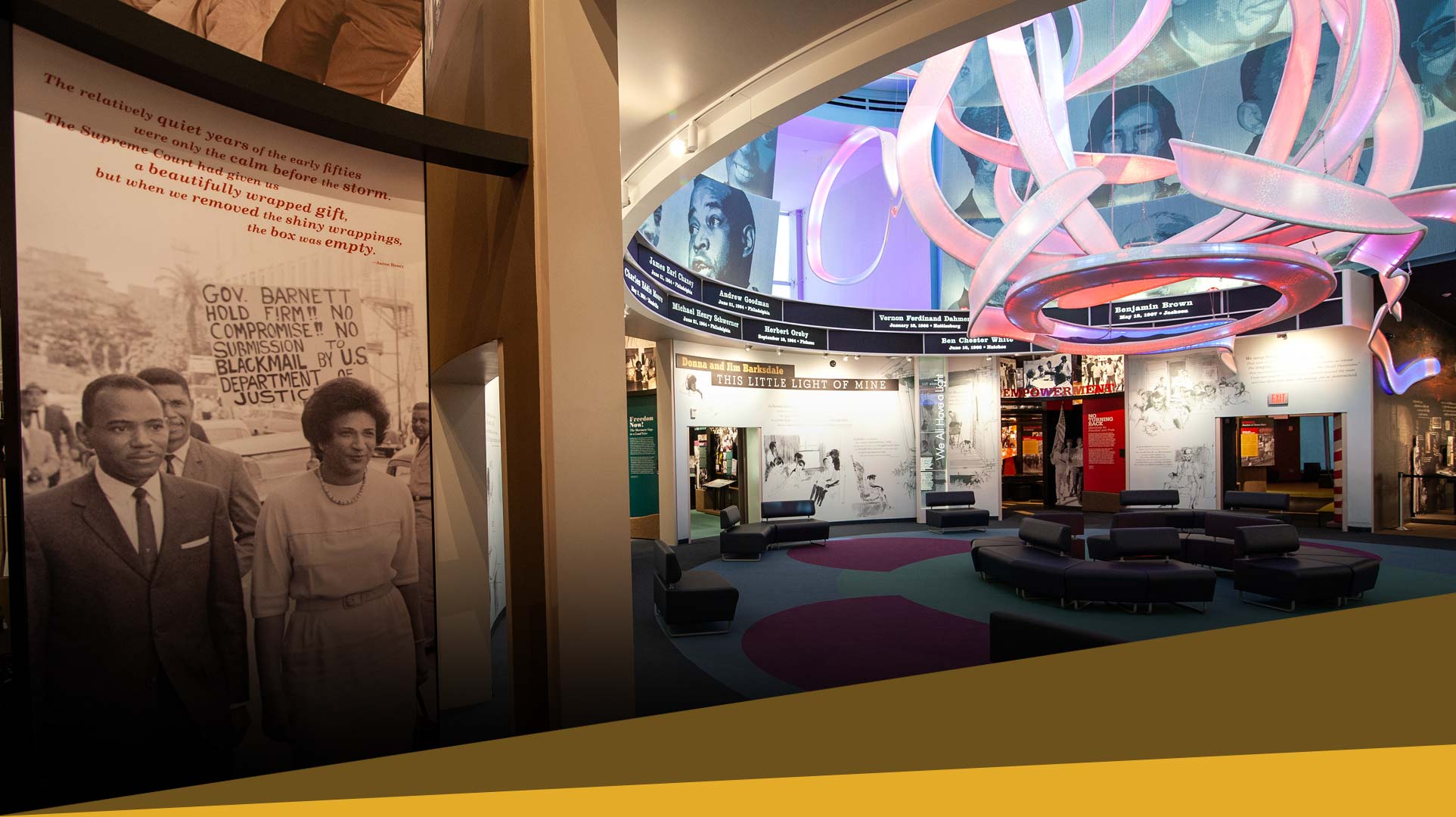
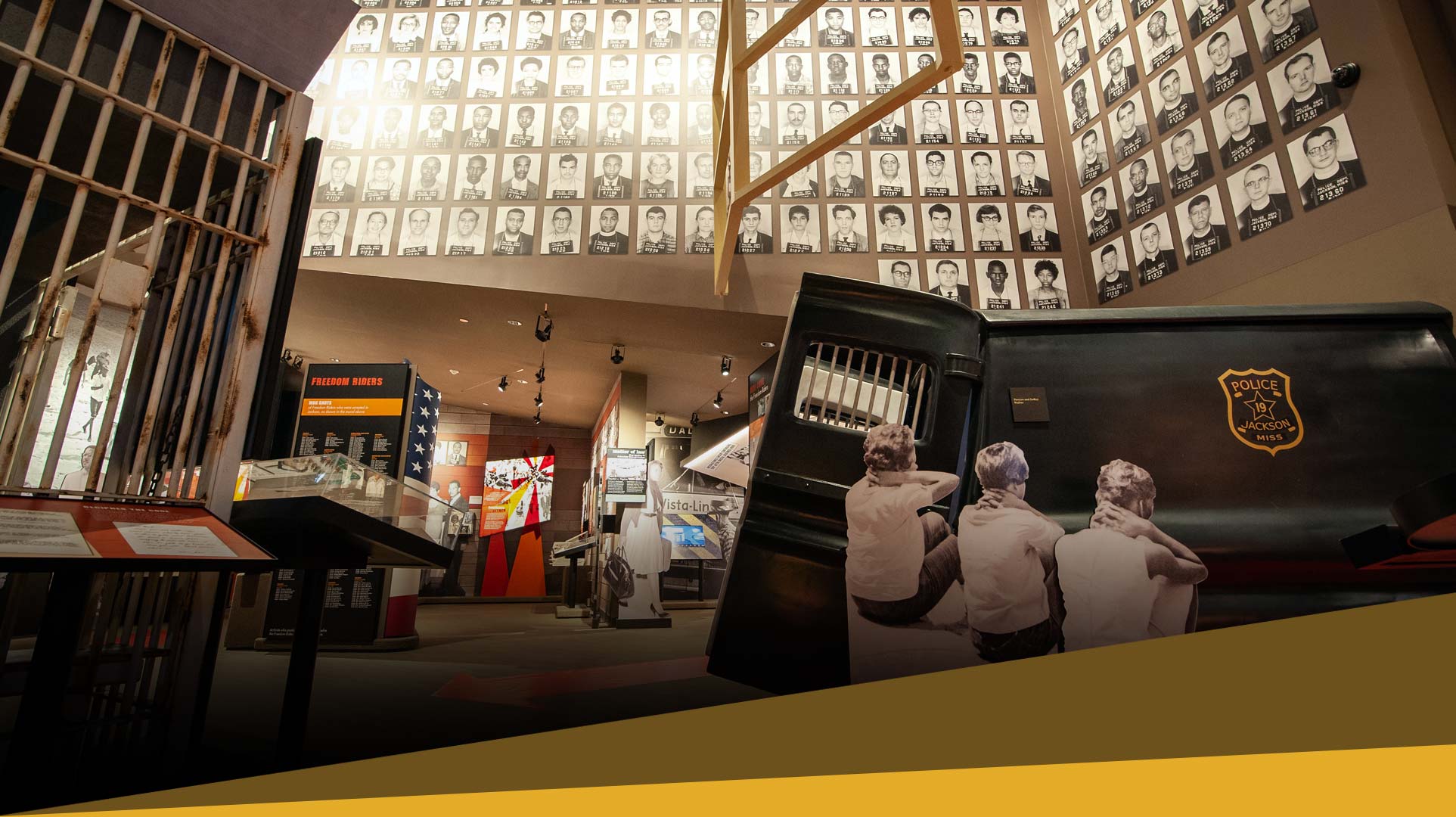

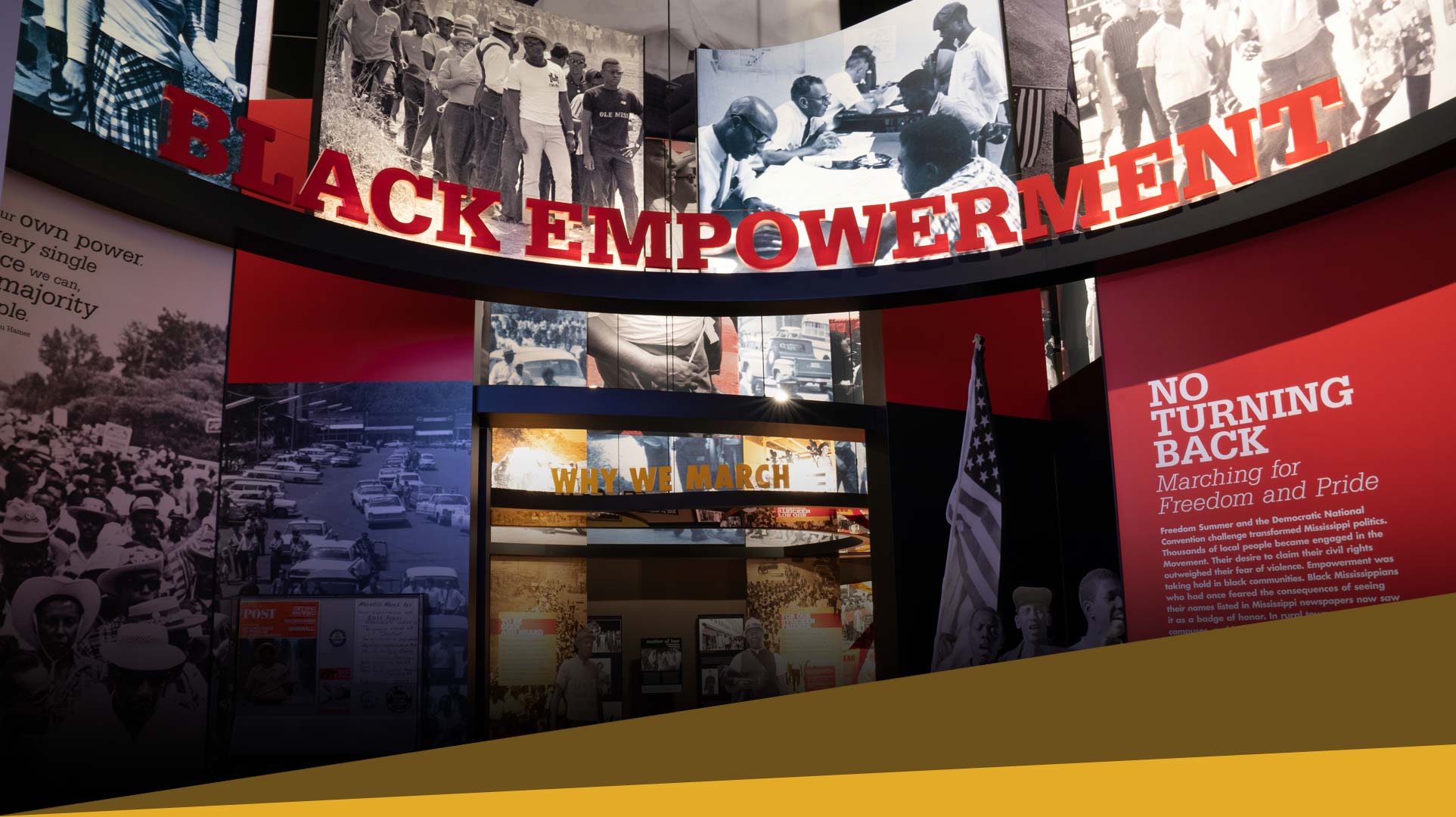
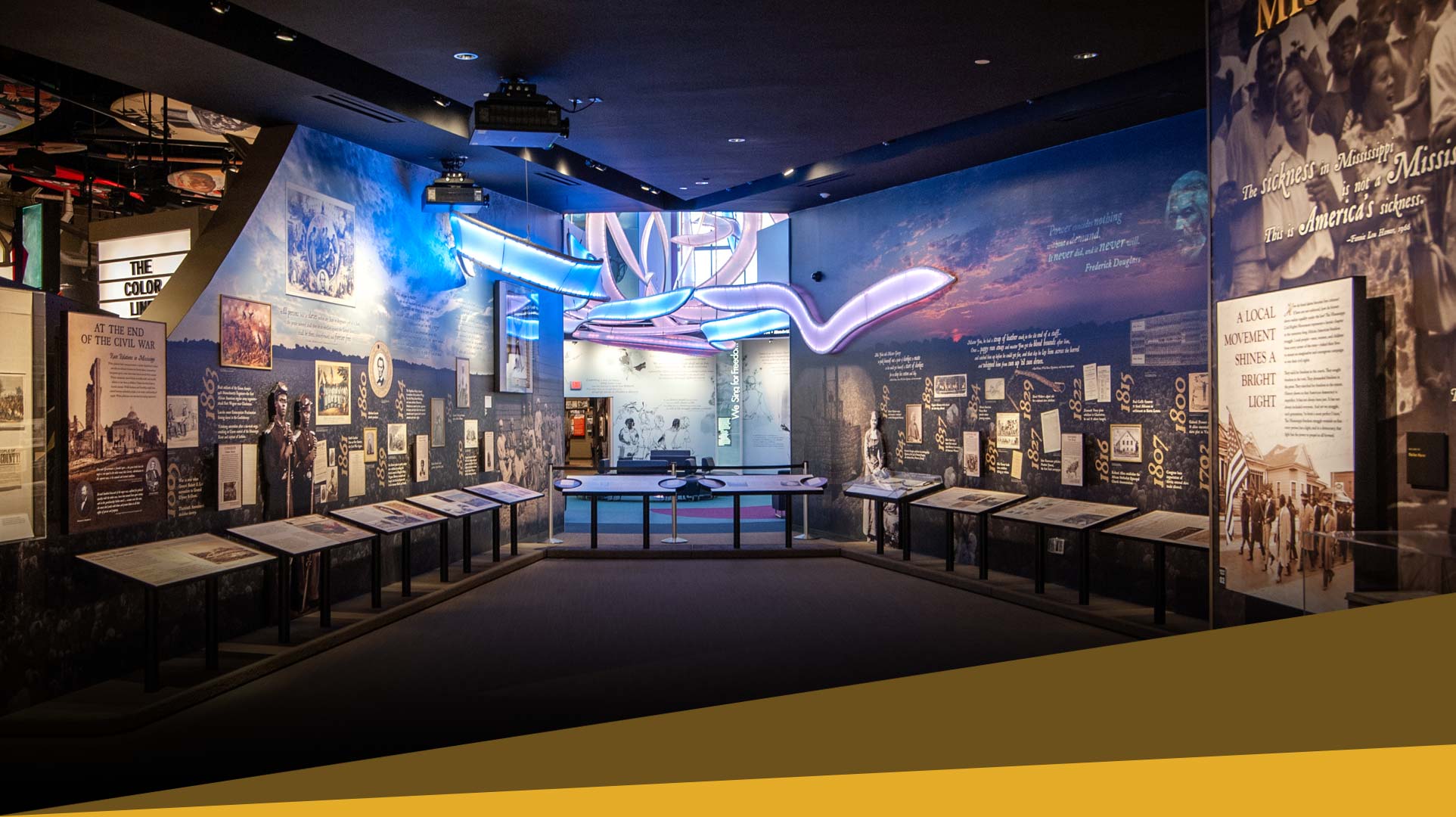
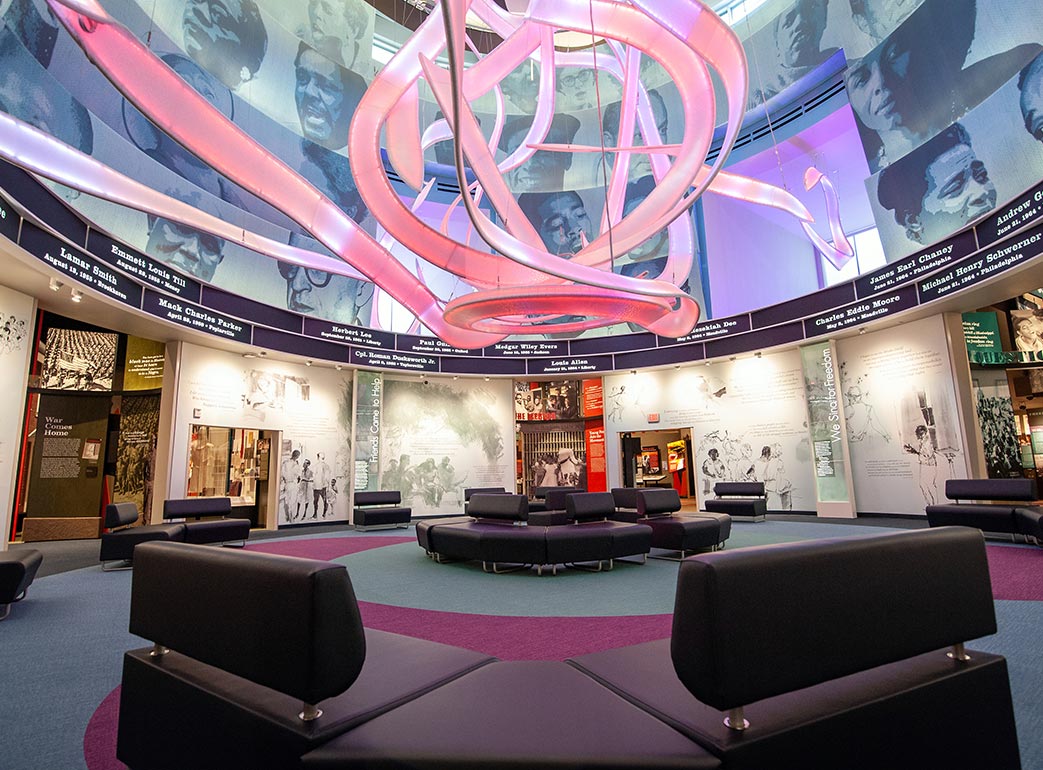
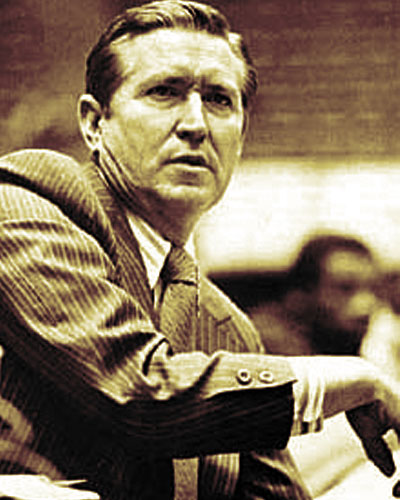

 Museum dedicated to Reverend George Lee and other civil rights heroes.
Museum dedicated to Reverend George Lee and other civil rights heroes.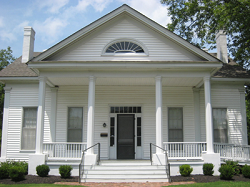 Features a collection of artifacts belonging to journalist, suffragist, and civil rights activist Ida B. Wells
Features a collection of artifacts belonging to journalist, suffragist, and civil rights activist Ida B. Wells












